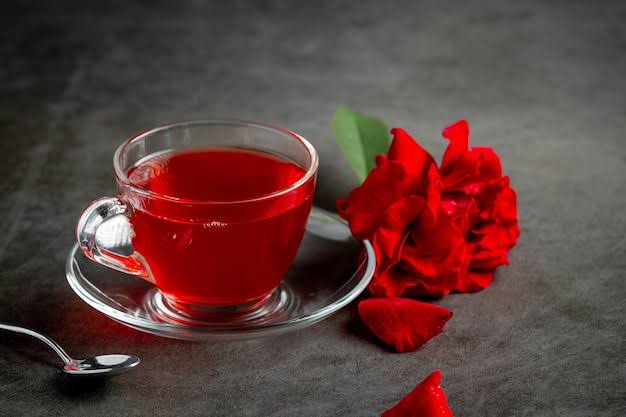
 Time FM
Time FM

 Time FM
Time FM
13 February 2025, 4:03 pm
By: Shadrach Bethel Afayo
Valentine’s Day, celebrated annually on February 14th, holds special significance for many, particularly those in love.
This day has a rich and fascinating history spanning over 1,500 years. It originated from the ancient Roman festival of Lupercalia, which honored the founding of Rome and promoted fertility, purification, and matchmaking. With the rise of Christianity, the Catholic Church replaced these pagan traditions with Christian values, honoring the martyrdom of Saint Valentine, a Roman priest who defied Emperor Claudius II’s ban on marriage for young men. Over time, the celebration evolved, incorporating elements of the ancient Roman festival while emphasizing love, romance, and matchmaking. It eventually became the global celebration of love, friendship, and affection we know today, where people express appreciation for loved ones through gifts, love letters, and romantic gestures.

For many celebrating Valentine’s Day, especially in Uganda, it’s a day filled with love, marked by the exchange of gifts and quality time with loved ones. Some will spend the day in bed, taking screenshots of others’ online posts to repost as their own. Others will buy themselves flowers. Regardless of whether the flowers are from a spouse or a self-gift, the important thing is the rose, held and enjoyed throughout the day.
Since fresh flowers don’t last long, it’s worth exploring ways to make the celebration more memorable. Have you heard of rose tea? Many haven’t, and neither had I until a recent conversation with Dr. Martha Muduwa, a research medical officer at Mbale Main Hospital. This article explores rose tea, its history, benefits, and how to make it at home.

What is Rose Tea?
Rose tea, also known as rose petal tea, is a popular beverage in many parts of the world, particularly the Middle East and Asia. It’s made by steeping dried or fresh rose petals in hot water, releasing the petals’ natural oils and flavor compounds. The resulting tea is a delicate, floral, and slightly sweet drink, perfect for relaxation.
The Benefits of Rose Tea
Rose tea has been valued for its medicinal and therapeutic properties for centuries. Some potential benefits include:
Stress and Anxiety Reduction: Rose tea contains compounds that have a calming effect on the nervous system.
Improved Digestion: Rose tea may help soothe digestive issues, such as irritable bowel syndrome (IBS), and reduce gut inflammation.
Immune System Boost: Rose tea contains antioxidants and other nutrients that may support the immune system.
Women’s Health Support: Rose tea has been used to relieve menopause symptoms, such as hot flashes and mood swings.
Healthy Skin Promotion: The antioxidants and other nutrients in rose tea may help reduce the appearance of fine lines and wrinkles, promoting healthy, glowing skin.
How to Make Rose Tea
Making rose tea is simple. Here’s a step-by-step guide:
Method 1: Using Fresh Rose Petals
Method 2: Using Dried Rose Petals
Note: This applies to real rose petals, not to plastic flowers, which many of you give or receive year after year.
Enjoy your rose tea! Happy Valentine’s Day!